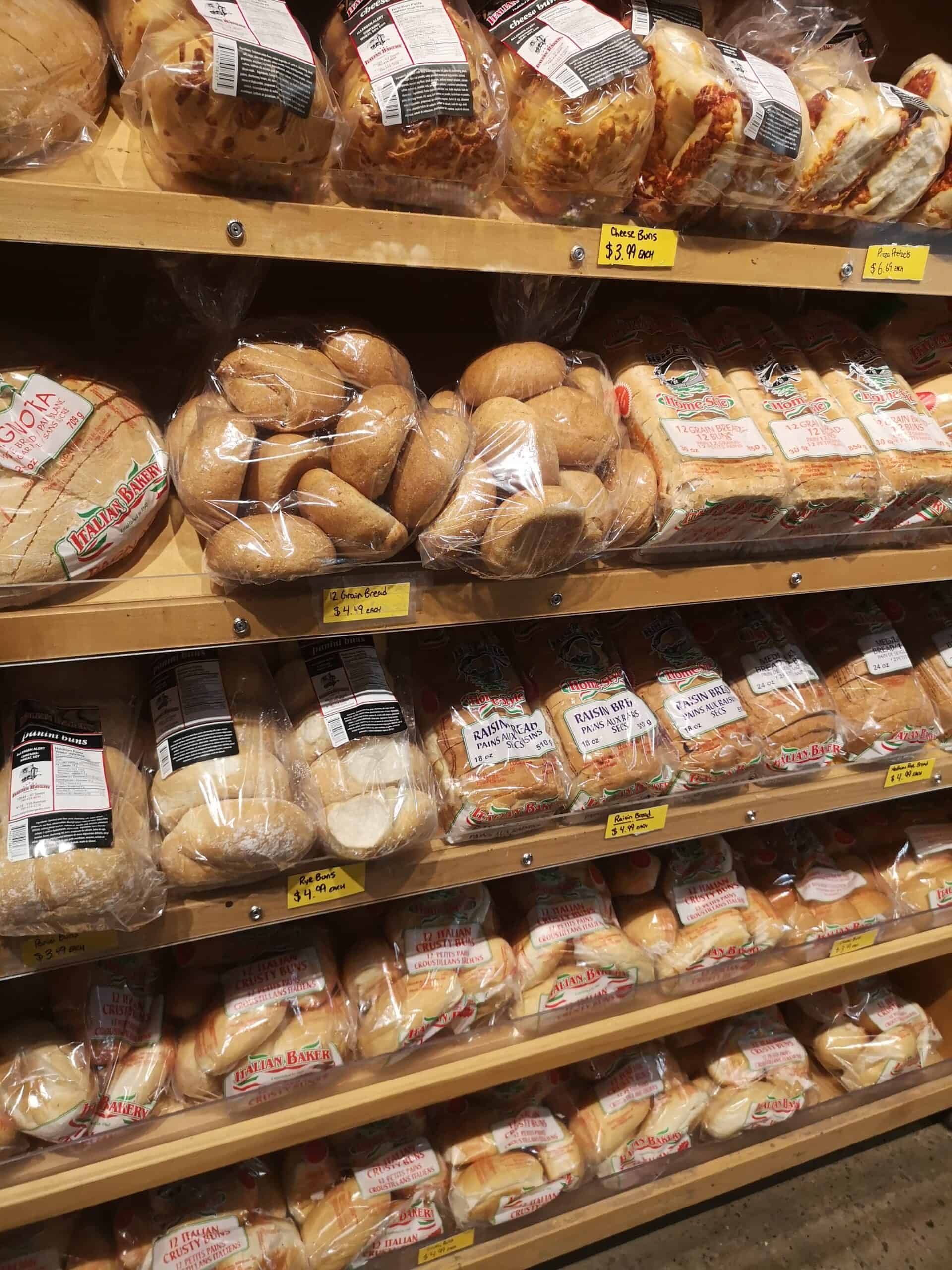Acting on rising grocery prices
Most of us do our grocery shopping on a weekly basis, and if you’ve noticed that your food is costing more and more, you’re not alone.
The cost of groceries across Canada has been on the rise and it’s impacting the budgets of many households. Last year saw unprecedented changes, with price hikes not seen in Canada for over 40 years. Depending on how you view it, there may be some positive news in Canada’s Food Price Report 2023, which predicts a relatively low 5 to 7 per cent food price increase in 2023.
Several factors are causing the increase in grocery prices, with the first one being the rising cost of logistics. As fuel prices go up, it becomes more expensive to transport goods. Additionally, supply chain disruptions caused by COVID-19 and the war in Ukraine have made it more difficult to get certain products, which can lead to higher prices.
Then there’s the cost of labour. Last year, the minimum wage increased in various provinces (visit retailcouncil.org for details). Retailers must pay their employees more, which can lead to higher prices for consumers. The minimum wage in Alberta hasn’t changed since 2018, but much of our food is sourced elsewhere.
Climate change and weather patterns are also affecting food prices. Droughts, floods, and extreme weather events are causing crop failures, which can lead to shortages and higher prices for fruits, vegetables, and other produce.

All of these factors lead to increases in cost, which somebody has to absorb. According to a study by Dalhousie University, Canada’s top three grocers all posted higher profits last year compared with their average performances over the previous five years, so it’s clear that as things stand, the burden of these global challenges will likely fall on the Canadian consumer. With everything in mind, here are a few practical tips to minimize the impact of rising grocery prices on your household:
- Plan your meals and make a list of what you need before heading to the store. This can help you avoid impulse buys and stick to your budget.
- Compare prices at different stores. Check flyers, websites, and popular deals apps such as Flashfood.
- Buy in bulk when possible. Items like rice, pasta, and spices are often cheaper in bulk.
- Purchase off-brand products. These items are often cheaper, but they’re usually just as good.
- Plant a garden. Growing your own fruits and vegetables can help you save money on produce.
- Be mindful of food waste. Plan your meals around ingredients you already have in the house and make use of leftovers. If you can’t use it, see if you can freeze it to use another time.
- Buy seasonal produce. In-season fruits and vegetables are often cheaper and fresher.
- Be adventurous. Sometimes the cheaper items are the least popular, so don’t be afraid to pick up something you have never tried before. You’ll find lots of recipes and tutorials online to help you make a tasty dish out of something new.
As the cost of groceries continues to rise, it’s important to be mindful of our spending and to look for ways to save money. By following these tips, you can help minimize the impact of rising grocery prices on your household budget. However, it’s important to remember that grocery prices are affected by factors beyond our control, so it’s worth being mindful of these factors, and supporting policies and practices that can help mitigate their impact.







